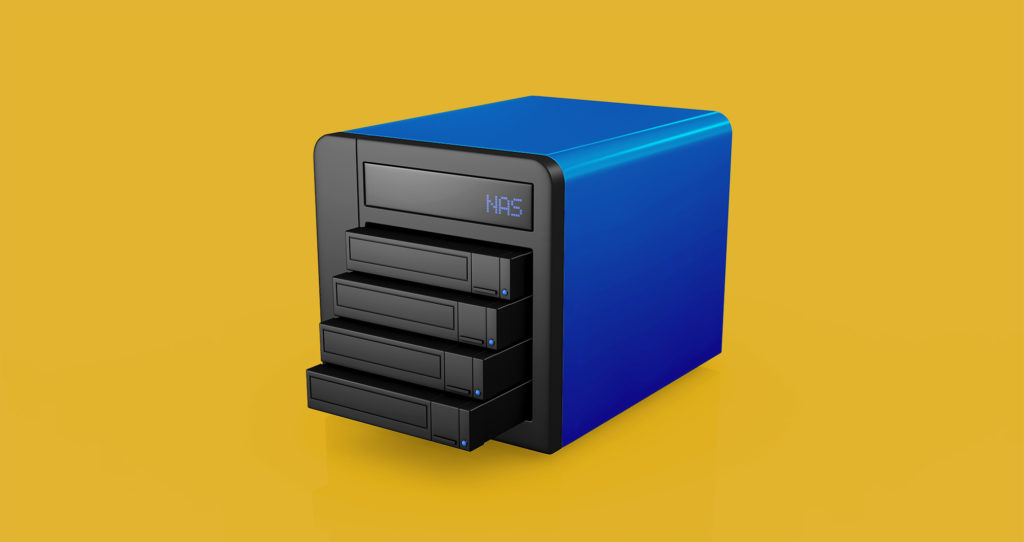
How To Set Up and Program Your Own Personal Streaming Server
Is your favorite movie on Netflix? What about Prime Video or Hulu+? And is that show your partner loves on HBO, Disney+ or Apple TV+? Do you even subscribe to where it’s available? The streaming service situation has gotten a bit ridiculous over the last few years, and there is a better way: You can set up your own personal streaming service.
What is a media server?
A media server is a computer that stores content and streams it to other devices. Consider Netflix: Its media servers host all its original shows and you then use an app on your smartphone, tablet or TV to watch them. Your devices don’t need to download the show in advance. They just stream it straight from the server.
Of course, Netflix does this at a ginormous scale, but any desktop or laptop computer can be a media server with the right software.
What can I do with a home media server?
With a home media server, you can basically run your own streaming service packed with movies, TV shows, music and photos.
Depending on your setup, you should be able to stream everything over your internet connection, so you can watch whatever you want wherever you are. You’ll also be able to stream to multiple devices at once—so you and your kids can do different things at the same time. And, best of all, you won’t have to search through half a dozen apps to find the movie you want to see.
What do I need for a home media server?
You need a few things to set up a great home media server:
- A computer that’s always powered up and connected to the internet. While you can set up a laptop as a media server, if it’s powered off you won’t be able to stream media from it. For that reason, a desktop computer with an ethernet connection directly to your modem works best—although you can also use a network attached storage (NAS) device or dedicated home server.
- A high-speed internet connection with fast upload speeds. Your server needs to send whatever show you’re watching over your internet. If your upload speeds are too slow, you can experience lag or disruptions. A gig fiber connection is best as they have super fast, symmetrical upload and download speeds.
- Devices to stream to. Depending on the media server software you use, this can be your smartphone or tablet, a PlayStation or Xbox, another computer or a streaming device connected to your TV, like a Roku box or Chromecast.
- The best media streaming server software. Plex supports pretty much every device you can own. Emby is another great choice. Kodi is another option, though it can be a bit trickier to get running.
How to find movies and TV shows for your media server
While media servers and the software they use, like Plex, are completely legal, you have to make sure you don’t break any copyright laws with the movies and TV shows you store on them. In the U.S., it’s illegal to copy (commonly known as pirating) copyrighted material or circumvent the copyright protection on disks like DVDs and Blu-rays, even if you own them.
With that said, there are plenty of ways to get awesome, legal content for your server:
- Download free or out of copyright movies from legitimate sources, like the Internet Archive.
- Use Plex DVR to record live TV for later viewing or stream the free movies and TV shows from the built-in streaming service.
- Purchase movies that you can download directly to your media server.
Wherever you get your media, it’s important to have it sorted and organized, so it can be easily streamed. Plex and Emby are able to add metadata automatically to any movie or show they recognize, so you can sort through your collection by title, director, actor and the like, and everything looks great because it has the right digital cover image—just like you get with Netflix or HBO.
The best way to do this is to have two folders on your server: one for movies and one for TV shows. In the movies folder, put all your movies as individual files with the name of the film and the year of release as the title. For TV shows, give each show its own folder and make sure the file name includes the season number and episode number. Plex has good guides on naming your movies and TV shows that dive into the details a little more.
How to set up your own media server with Plex
Plex is a top choice of media server, all the more because it’s simple to get started.
Head to the Plex site on the computer you want to use as a media server, sign up for a free account and download the right server software for your operating system. The installation wizard will walk you through the whole setup process. Just make sure to point Plex at the right folders where you’re storing all your movies and TV shows.
Download the client apps on whichever devices you intend to use to stream. There’s a Plex client app for most devices you’re likely to want to use. And even if there isn’t, Plex works as a DLNA server (Digital Living Network Alliance, a standard technology that enables sharing of content between devices connected over a network), so you can access your media over your local network. Sign in—and get streaming.
Product features may have changed and are subject to change.




Join the conversation